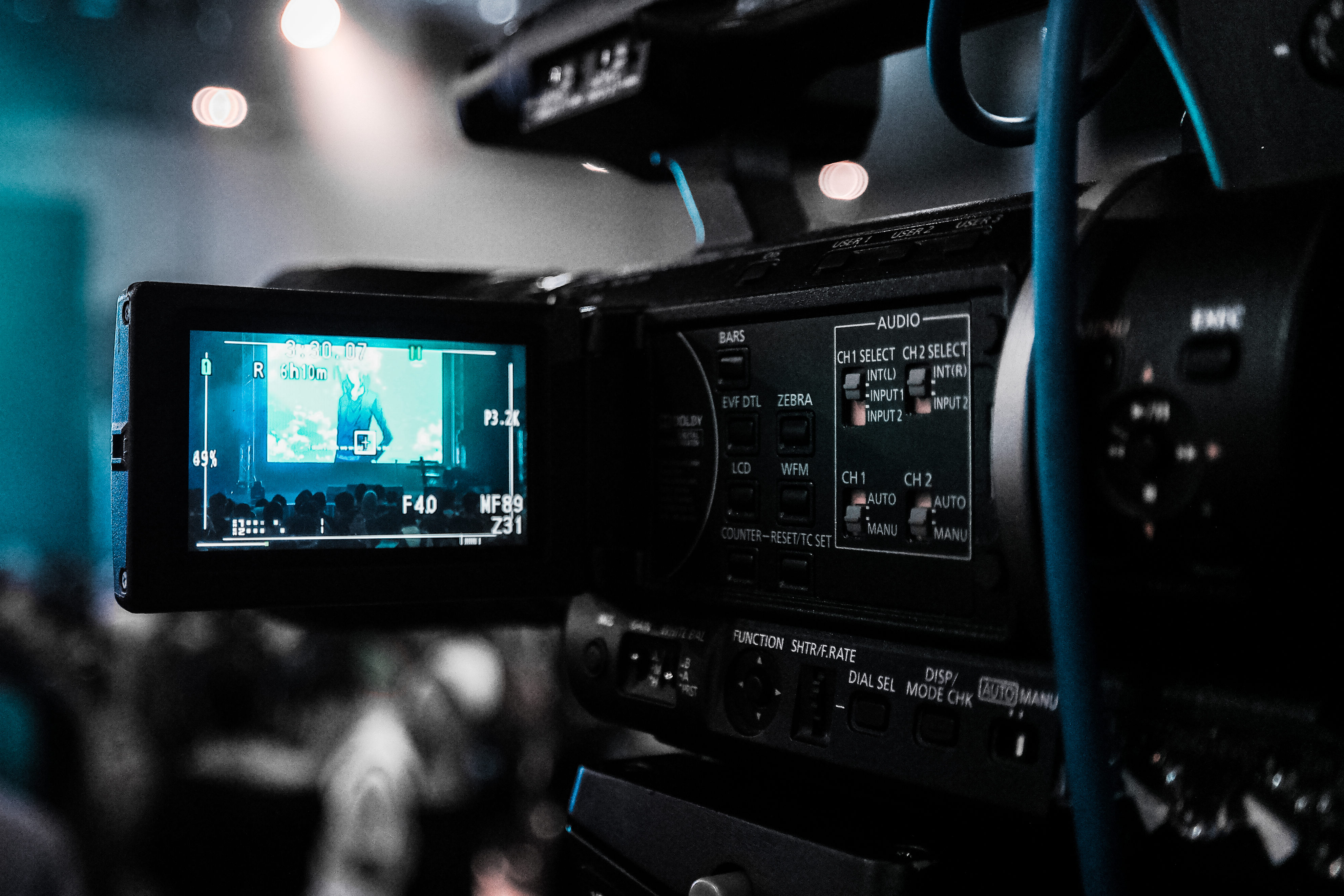Why Tools (almost) don't Matter!
I was recently asked which video editor is the best on Quora to which my answer was:
The one that gets the job done.
I later realised that this applies to nearly every field, not just filmmaking. The importance of the tools used pale in comparison by the skills of the person using the tools.

Wait, what? Aren’t there like differences between which editor you choose?
Yes, but nobody cares about how something is made; all they care about is the end-product, so it all comes back to the person using the software; can they produce a good end-product?
With that said, there are differences in how pleasurable different solutions are to work with, but most often there’s a strong correlation with the amount of experience the user has with the program, and how enjoyable they find working with it.
For example, I have the vast majority of my experience working with Premiere Pro, and I have become quite comfortable with its strengths and weaknesses to which I’ve found workarounds. Were I to switch to another editor, sure, there are many similarities, but I’d be much less productive while trying to figure out how they solve a specific problem.
But what if you haven’t used any editors before, and are looking for one that you will be happy with? There definitely are some things to keep in mind when choosing editors:
NLE: Linear editors are dead as far as I’m concerned (I don’t actually think they exist anymore). Your editor of choice should be non-linear otherwise you will be shooting yourself in the foot, and slowly die in desperation.
Support for arbitrary amount of layers. While you should aim for as few layers as possible to not overly complicate your timeline (note: nested layers are okay), your editor should be able to handle whatever you throw at it.
Ability to use proxy clips. With today’s high bitrate uncompressed raw files, this is an absolute must if you wish to do anything on low powered systems. (Yes, you could do a manual replace, but when you have hundreds of clips, and even more subclips, nobody wants to do that.)
Being able to natively handle all the file formats that you use. Yes, again, you could manually convert the files, but that time is ultimately time that you could have spent editing.
There are other things that are useful, but they are likely influenced by my bias towards Premiere Pro, and other perfectly capable editors that don’t have these features likely have workarounds, and other features that Premiere doesn’t have.
All that matters is you getting to the finished product; nobody cares about how you got there.
One more thing: What doesn’t matter is the amount of built in effects the editor has. The only effect that is even worth considering using is a simple cross-fade.
It depends on the job at hand, of course. For some jobs using one tool over the other enables a certain product which would simply not be possible with the another. Staying on the filmmaking theme - a Phantom shooting 2,500 fps gets you a shot that is simply impossible to achieve on an Alexa shooting at 120 fps. But the differences can be even more drastic in fields like civil engineering.
As for editing, yes, it's just a matter of time and convenience. Technically the end product is always achievable irrespective of the NLE, but I'd like to think a more efficient, convenient and faster NLE does impact the end product somewhat.
That is true. This post was meant as a testimonial for those who think they need a Phantom to make their movie. You can get around many problems by being creative.
Also, an experienced filmmaker with an iPhone will produce vastly better films than an inexperienced one with an Alexa.